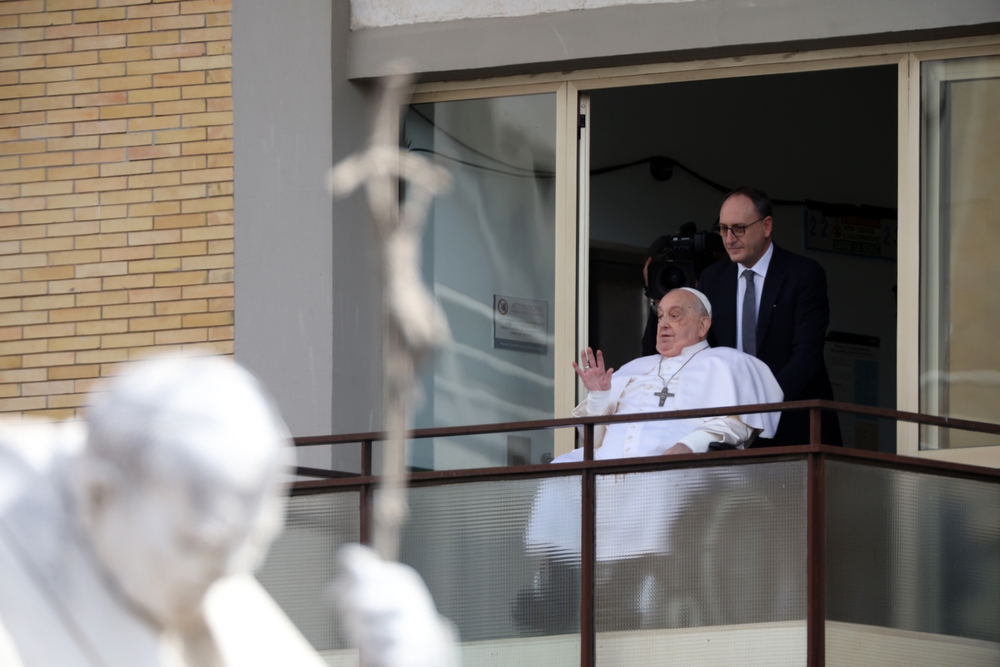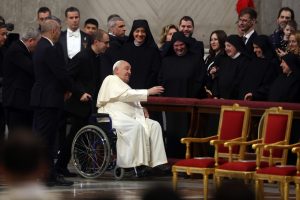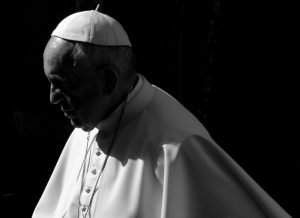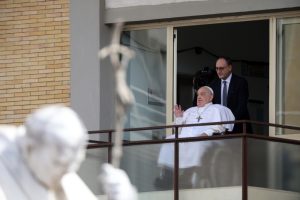Neurologists cite hypertension and exhaustion as likely triggers behind pontiff’s sudden cerebral hemorrhage
Others are reading now
As tributes pour in for Pope Francis, new details have emerged about the medical circumstances surrounding his death.
While early reports pointed to his long struggle with pneumonia, Italian neurologists now say that a sudden cerebral hemorrhage was the true cause—and that the respiratory illness played no role.
According to Corriere della Sera, the Vatican’s official death certificate lists the cause as a stroke, coma, and irreversible cardiovascular collapse.
The document was signed by Dr. Andrea Arcangeli, head of the Vatican’s Directorate of Health and Hygiene. It also notes the pope’s history of hypertension, Type 2 diabetes, bronchiectasis, and recent episodes of acute respiratory distress.
Also read
Stroke After Wake-Up Call
Pope Francis reportedly woke at 6 a.m. on Sunday and began feeling unwell by 7 a.m. while at the Domus Santa Marta residence. What followed, neurologists say, was a hemorrhagic stroke—caused by a burst artery in the brain.
“This is a persistent brain lesion caused by vascular issues,” explained Dr. Francesca Romana Pezzella, head of the Stroke Unit at San Camillo Hospital in Rome.
“In Pope Francis’ case, all signs point to a hemorrhagic stroke, not linked in any way to pneumonia.”
Pezzella emphasized that the stroke likely stemmed from a spike in blood pressure, a risk factor exacerbated by the pope’s advanced age and medical history. “Hypertension is the number one cause of stroke, followed by age, diabetes, and atrial fibrillation,” she said.
A Decline in Health
Though Pope Francis had appeared in public as recently as Easter Sunday, observers noted signs of fatigue and physical strain. Pezzella noted that the pontiff “was visibly in pain and increasingly tired” in his final days.
The confirmation that respiratory illness was not directly involved reshapes the narrative around the pope’s final hours, highlighting the underlying cardiovascular issues that ultimately proved fatal.
As reported by HotNews.ro, experts now point to a sudden hypertensive event as the most probable trigger of the fatal hemorrhage.








